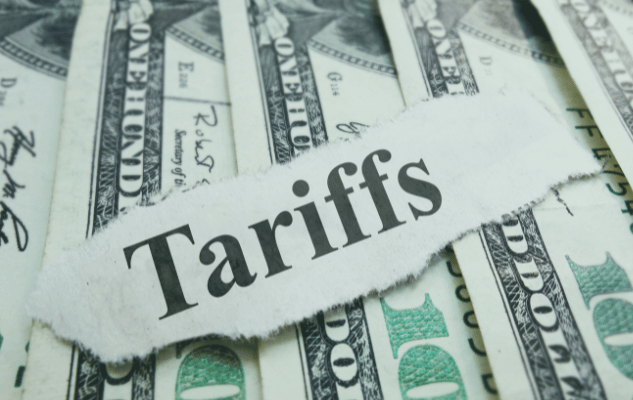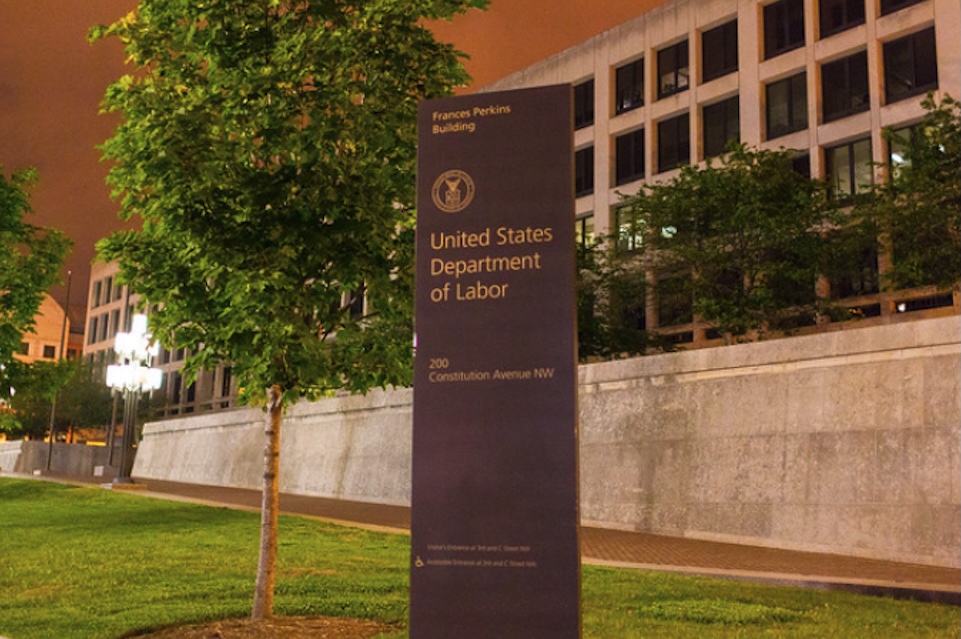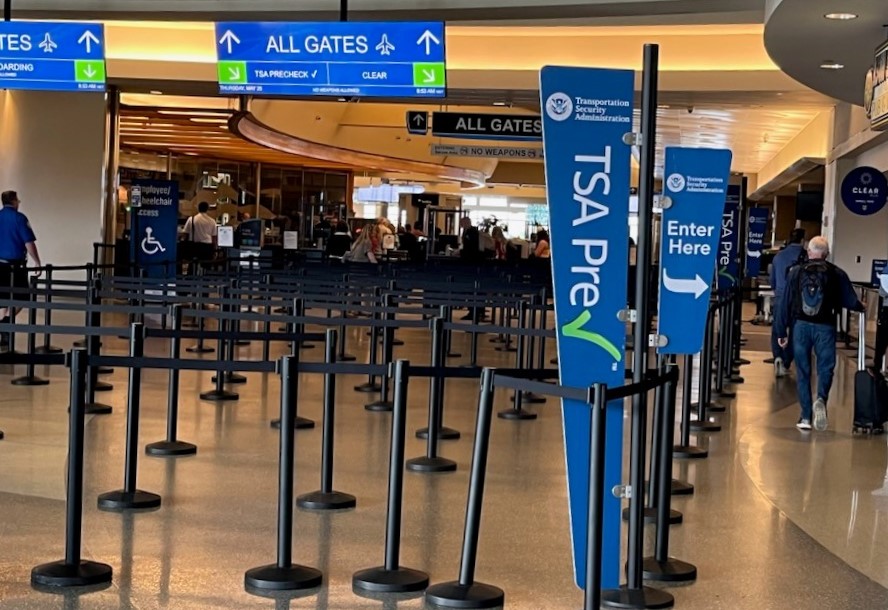The everyday impact of trade policies on American households and industries.
PRAY FIRST for our leaders to create policies that benefit the people of our nation, uplifting the vulnerable and fostering economic stability for all. May the Lord help us to respond with compassion and grace, trusting in His provision and purpose.
For the Lord gives wisdom; from his mouth come knowledge and understanding. Proverbs 2:6
Taxes. Tariffs. These terms come up in various settings, industries, news outlets, etc. But what are they? And what does any of this mean?
Taxes are financial charges imposed by governments on individuals and businesses to fund public services and infrastructure. These can include income taxes, sales taxes, and property taxes. For the average American, taxes directly impact take-home income and daily expenses, influencing the cost of basic needs such as clothing, food, and transportation.
Tariffs are taxes specifically levied on imported goods. Unlike income or sales taxes, tariffs regulate trade to protect domestic industries, which can increase jobs and stimulate economic growth. They can often shield emerging industries or boost domestic production. A delicate balance is needed to ensure tariffs do not result in negative outcomes such as increased prices for consumers if domestic industries cannot meet the demand. Or a country may retaliate by withholding exports or imposing its own tariffs on American products.
The Ripple Effects of Tax Changes
When taxes increase, the immediate impact is felt by an individual’s household budget. Higher taxes can reduce disposable income, leaving families with less to spend on necessities. For instance, rising property taxes might lead to increased housing costs, while higher payroll taxes can diminish take-home wages. On the positive side, tax hikes often fund improvements in public infrastructure, healthcare, and education, which benefit society. However, these benefits can take time to materialize, leaving many people questioning the immediate value of their increased contributions.
Conversely, tax decreases provide short-term relief by increasing disposable income. This often boosts consumer spending, which can drive economic growth. However, the trade-off may include reduced funding for vital programs such as Medicare, Social Security, or public transportation. Striking the right balance between revenue generation and taxpayer relief is a constant challenge for policymakers.
Tariffs and Their Influence on the Economy
Tariffs have a more targeted effect than general taxes, as they specifically regulate imported goods. For instance, tariffs on electronics from overseas manufacturers can lead to higher prices for laptops, smartphones, and other gadgets in U.S. stores. Industries benefiting from tariffs, such as domestic manufacturers, may see job creation and increased production. However, industries reliant on imported goods often face higher costs, potentially resulting in layoffs or price hikes.
The long-term effects of tariffs depend on their implementation. High tariffs can sometimes encourage innovation and strengthen local industries, as seen in sectors like agriculture. They also carry the risk of leading to trade wars, disrupting global supply chains, and potentially harming consumers through inflated prices.
In the U.S., tax and tariff decisions involve several government entities. Congress plays a central role in shaping tax policies through legislation, while the president can influence these decisions by proposing tax reforms and signing bills into law. The Department of the Treasury oversees tax collection through the Internal Revenue Service (IRS), ensuring compliance with federal tax laws.
Tariff decisions are often guided by international trade policies and agreements. Agencies such as the Office of the United States Trade Representative (USTR) and the Department of Commerce collaborate to implement and enforce tariffs—often based on economic or political strategies.
Mechanisms such as public hearings, legislative debates, and transparency reports help ensure that tax and tariff changes are fair and well-informed. Still, public opinion and political agendas often play significant roles in shaping these policies.
Economic and Social Implications
When taxes rise but wages remain stagnant, the average quality of life can decline. Rising taxes without wage adjustments can lead to increased financial stress, making it harder for families to save, invest, or access opportunities for upward mobility. This imbalance often calls for government intervention, such as increasing minimum wages or offering tax credits—to ease the burden on low- and middle-income households.
On a broader scale, the balance between tax revenue and government spending is critical for long-term economic stability. High tax revenues can fund essential programs and reduce national debt, but overburdening taxpayers can risk the slowing of economic growth.
Policymakers can ease the burden of higher taxes or tariffs by implementing targeted tax credits, reducing unnecessary government spending, and promoting wage growth. For example, infrastructure investments funded by tax increases can lead to job creation and economic growth, offering tangible benefits to taxpayers. Additionally, transparent communication about the use of tax revenues can build public trust and support.
Why It Matters and How We Can Respond
As Christians, taxes and tariffs should remind us of our call to contribute to the well-being of our neighbors and those around us. In Matthew 22:21 (ESV), Jesus says, “Therefore render to Caesar the things that are Caesar’s, and to God the things that are God’s.” This verse encourages us to fulfill our civic responsibilities, but also reminds us that we have spiritual priorities to the Kingdom of Heaven that far outweighs the world we live in.
When it comes to our tax policies, we can prayerfully support those that care for most vulnerable members of society, or as Christ says, “The least of these” (Matthew 25:40). We should also pray for wisdom and integrity among policymakers, asking God to guide their decisions for the greater good.
HOW THEN SHOULD WE PRAY:
— Pray for wisdom for our leaders to create tax and any other financial policies that promote justice, fairness, and economic stability for all citizens. It is an abomination to kings to do evil, for the throne is established by righteousness. Proverbs 16:12
— Pray for Americans to be generous and compassionate, using our resources to support those in need and advance God’s kingdom. Whoever oppresses a poor man insults his Maker, but he who is generous to the needy honors him. Proverbs 14:31
CONSIDER THESE ITEMS FOR PRAYER:
- Pray that leaders will prioritize honesty and transparency in their decisions regarding taxation and tariffs, ensuring policies benefit the greater good rather than personal or political interests
- Pray for relief and provision for those who are facing financial challenges due to rising costs and economic pressures.
- Pray for god’s guidance for policymakers to craft innovative and fair economic solutions, including ways to maintain essential public services without placing undue strain on the individuals who need them most.
Sources: U.S. Department of the Treasury, Congressional Research Service, Office of the United States Trade Representative, Bureau of Labor Statistic









